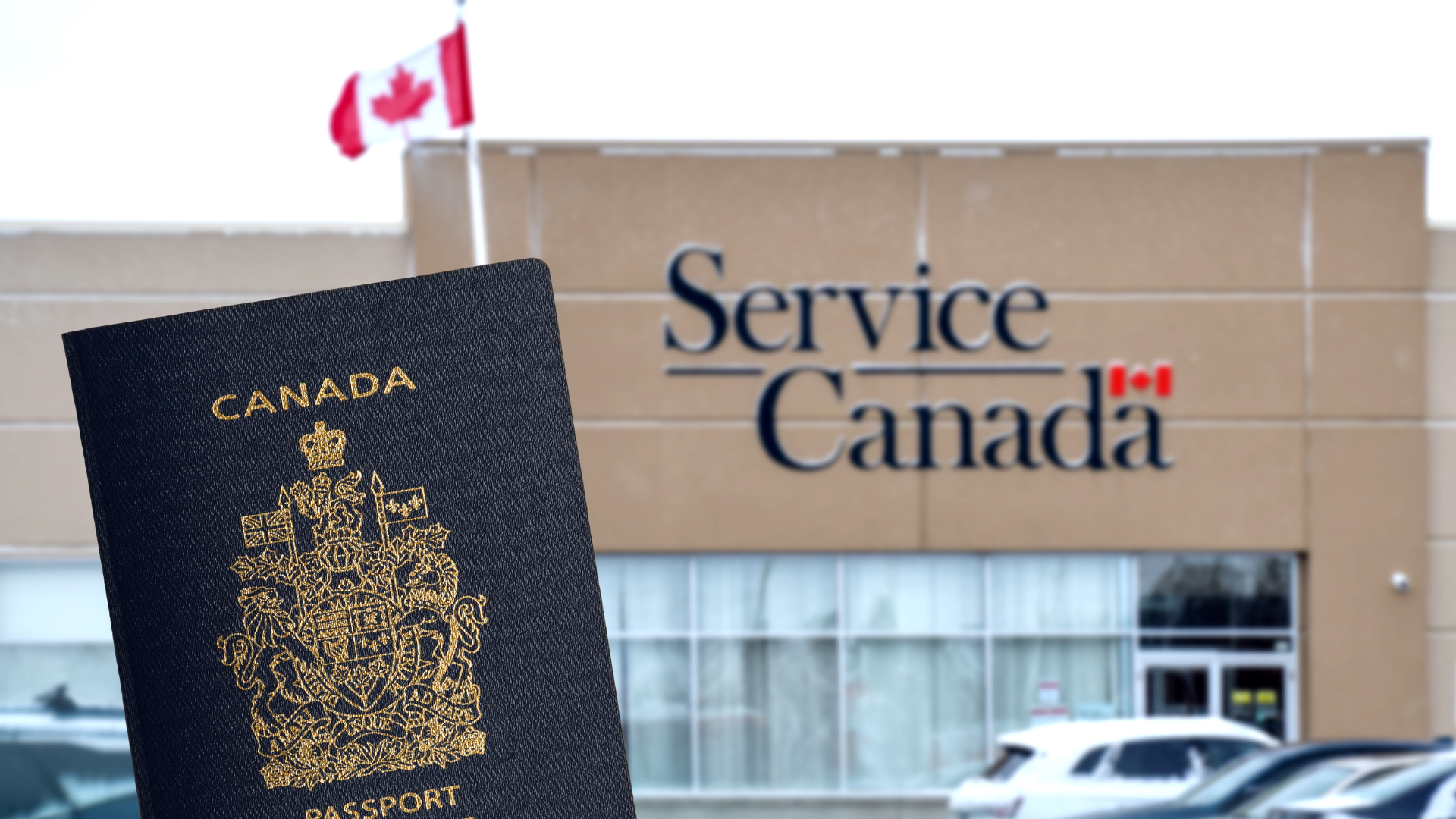How IRCC Decides Between Single-Entry and Multiple-Entry Visas for Visitors to Canada

Recently, Immigration, Refugees and Citizenship Canada
(IRCC) updated their guidelines for issuing single-entry versus multiple-entry
visas, introducing more restrictions on who can receive a multiple-entry visa.
Here is a simple breakdown of how IRCC makes this decision and what factors are
considered.
Visa Basics: Who Needs a Visa?
Most travelers from around the world need a visa to enter
Canada as a visitor, worker, or student. A visa, typically stamped on a
visitor's passport, allows entry through Canadian ports. However, visitors from
certain countries can instead apply for an Electronic Travel Authorization
(eTA), a quicker and easier process than a visa. U.S. citizens and green card
holders often do not need either a visa or an eTA. Details on whether a visa is
required depend on nationality and other conditions.
Single-Entry vs. Multiple-Entry Visas
When someone applies for a visa to Canada, they may be
eligible for either a single-entry or multiple-entry visa:
- Multiple-Entry
Visa: This allows the holder to travel to and from Canada
as often as needed during the visa’s validity, which can extend up to 10
years or until the expiry of the passport, travel document, or
biometrics—whichever comes first.
- Single-Entry
Visa: This type of visa allows just one entry into Canada.
If a traveler leaves, they must apply for a new visa to return.
Key Factors IRCC Considers When Issuing a Visa
IRCC officers evaluate each application on multiple factors
that fall into four main categories:
- Purpose
of Visit:
- Is
the trip for a one-time event, such as a conference or tourism?
- Will
the traveler need to return frequently, for example, to visit family?
- Is
the applicant a short-term student or worker exempt from a study or work
permit?
- Are
compassionate reasons, such as caring for a sick family member, involved?
- Funds
Available:
- Does
the traveler have stable income to fund multiple trips?
- If
a host is covering expenses, is proof of relationship and financial
stability provided?
- Is
the employer funding the trip for a business reason and have they
submitted supporting documentation?
- Medical
Considerations:
- Does
the applicant have any worsening health conditions?
- Are
they traveling for medical treatment and have they submitted a plan to
manage health risks, like insurance coverage?
- Other
Factors:
- Has
the applicant shown strong ties to their home country, such as work or
family commitments?
- Have
they traveled outside their country, including to Canada, and adhered to
visa conditions?
- Have
they ever been denied a visa to Canada or elsewhere?
Factors Influencing Visa Validity
The duration of a multiple-entry visa may be shorter than
the maximum period allowed. IRCC considers:
- The
purpose of the visit.
- The
applicant’s status in their home country and whether their ties to Canada
or their home might change.
- Political
and economic conditions in their home country that could impact their
ability to return.
What Happens If Your Visa is Refused?
A visa can be refused if IRCC is not convinced that the
applicant will leave Canada after their stay, or if they are inadmissible due
to medical or criminal reasons. There is no formal appeal process for refusals,
but applicants can re-apply if their circumstances have meaningfully changed,
such as through criminal rehabilitation or changes in medical conditions.
GCMS Notes for Refusals
IRCC officers document decisions and reasons for refusals
in the Global Case Management System (GCMS). Ordering these notes can offer
valuable insights into why an application was denied and guide future
applications.
This simple guide outlines the updated criteria and
considerations for visitors applying to enter Canada, helping applicants
understand their options and prepare accordingly.






